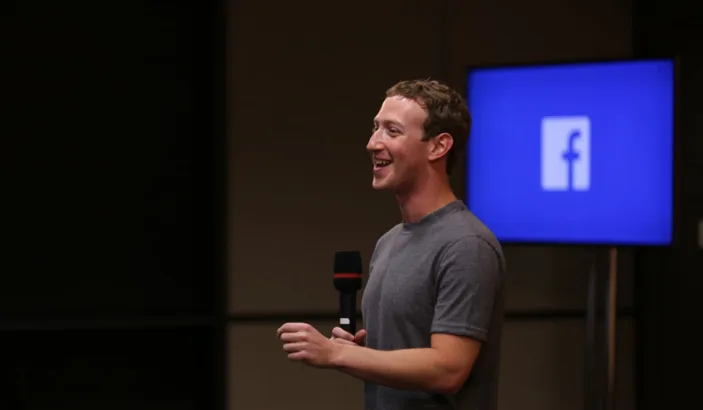After refusing several requests to testify in front of a UK parliamentary committee, Facebook CEO Mark Zuckerberg agreed to meet with the U.K’s culture minister Jeremy Wright at Facebook headquarters on Thursday afternoon. The meeting follows a parliamentary report condemning the social media giant for behaving as “digital gangsters” and declaring that the company was not capable of policing itself.
In a press statement, Wright said: “The British public have legitimate concerns about their safety and security online and, as a responsible government, we are taking action.” He further added:
“The era of self-regulation is coming to an end but I still want to see innovative solutions on online harms being put forward by the industry. I look forward to meeting Mr. Zuckerberg to discuss what more Facebook can do to help keep people safe on their platforms, as we prepare a new regulatory framework that will reinforce Facebook’s and other tech firms’ responsibility to keep us safe.”
According to a report by BBC News, Zuckerberg will meet Wright for only thirty minutes. Wright will also meet with representatives from Google, Apple, YouTube, and Twitter during his visit to the U.S.
The U.K. is set to announce new regulations for social media networks in the coming weeks. Reports claim that the new regulatory framework will impose new restrictions on the sites along with a mandatory code of ethics. These regulations will also make these social media websites more responsible for the content they house.
Facebook will have to adjust to new laws and regulations all over Europe, which could have a huge impact on its revenue. Just last year, a “digital services tax” was announced by U.K. chancellor Philip Hammond that would require tech giants to pay tax on sales they generate in the U.K. This is expected to be implemented in 2020.
Facebook’s ad revenue will be affected by a new German regulation requiring the social media giant to stop gathering its user’s data without their consent.
While we don’t know details of the meeting just yet, it’s unlikely that a mere 30 minutes is going to satisfy all of the concerns the commission has about Facebook’s behavior towards its European users.





Share Your Thoughts